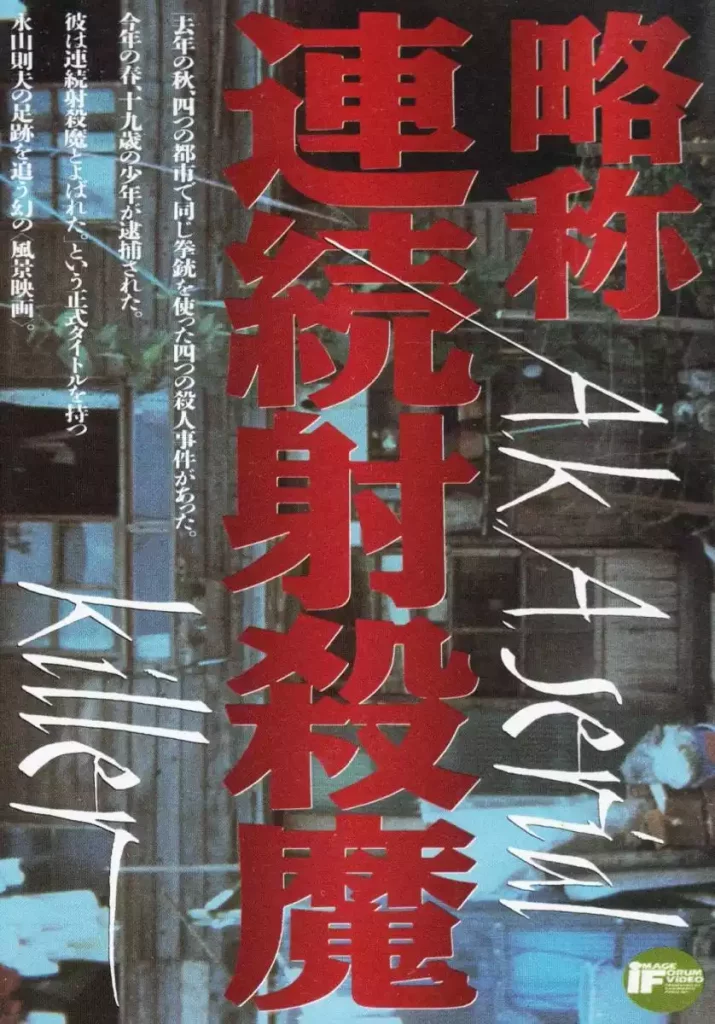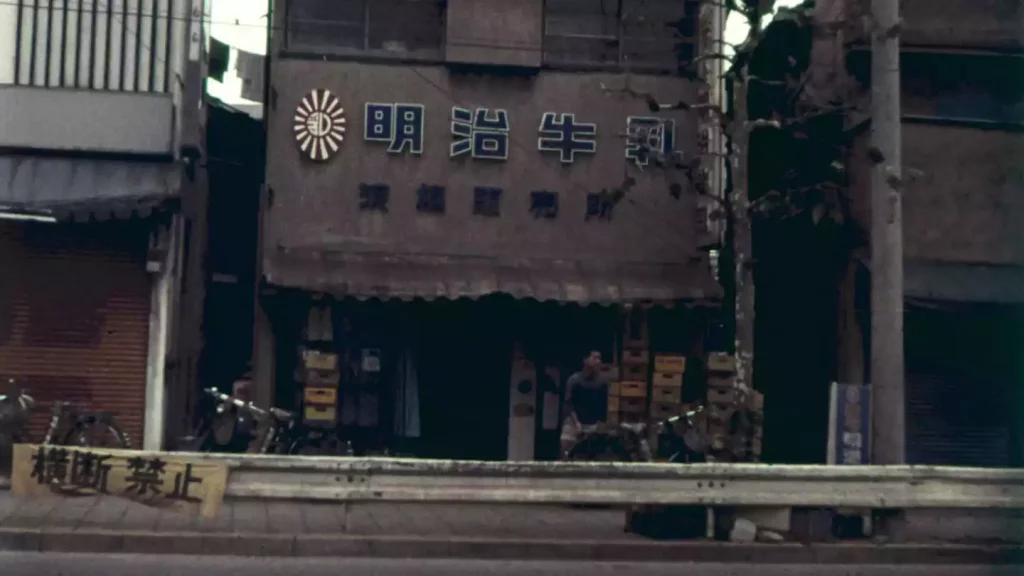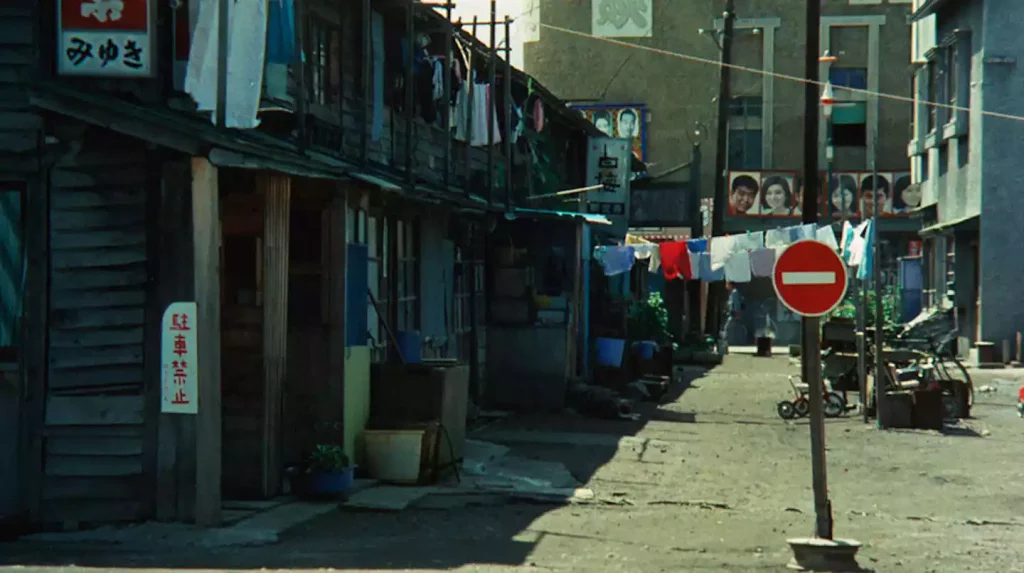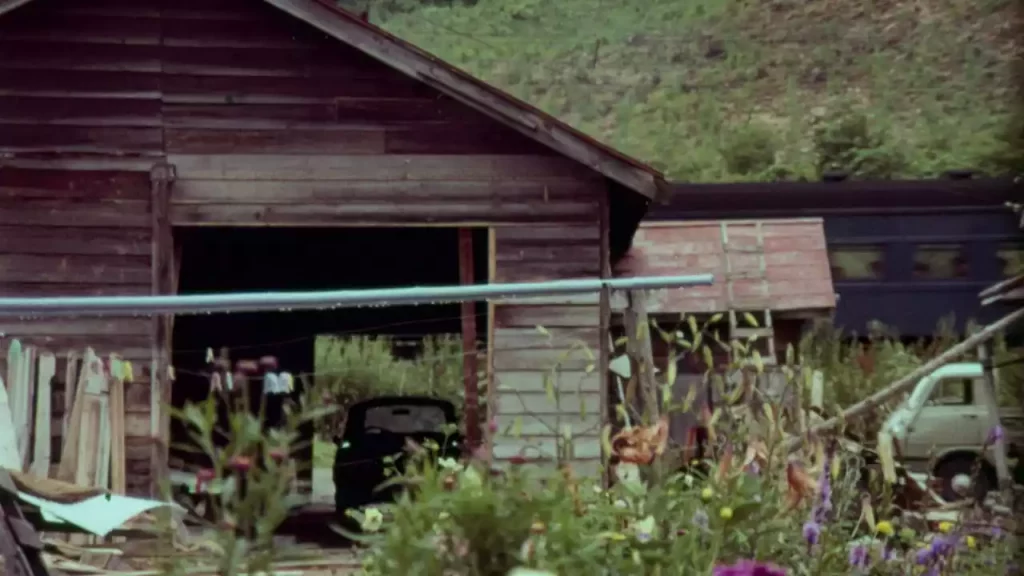Espejos 2024
AKA SERIAL KILLER
Masao Adachi | 1969 | 86'
SYNOPSIS
BIOGRAPHY

Read more
Born in 1939, ADACHI was placed under the limelight for Closed Vagina, an independent film produced while he was a student of the Department of Film, Faculty of Arts, Nihon University. After dropping out of university, he joined WAKAMATSU Koji’s independent production and mass produced scripts for radical pink films that took on sex and revolution as their central themes. He debuted as a director in 1966 with Abortion. On the way back from Cannes Film Festival in 1971, he went to Palestine with WAKAMTSU Koji, joined the guerilla faction of the Popular Front for the Liberation of Palestine and shot and directed The Red Army / PFLP: Declaration of World War that depicted the daily lives of the Palestinian guerilla soldiers. Joining the Japanese Red Army led by SHIGENOBU Fusako in 1974, he was marked by Interpol as a wanted person. In 1997, he was placed in detention at the Roumieh prison in Lebanon. After his prison term expired in March 2000, he was deported back to Japan. In 2006, he sat back down on the director’s chair for the first time in 35 years to make Prisoner/Terrorist, a film on Japanese Red Army member OKAMOTO Kozo, relaunching his artistic career in Japan. He has also directed Artist of Fasting (2016), an adaptation of the famous Kafka’s story to modern Japan.
Multimedia
Critical text
Of all Masao Adachi's productions, A.K.A. Serial Killer (Ryakushô renzoku shasatsuma, 1969) is probably the one that has transcended the most, also because it best represents the creative features of its director. The film was based on the controversial case of Norio Nagayama, a serial killer who shot four people to death between October and November 1968, before being captured and sentenced to death in 1969. Nagayama’s story, which was also made into a film by Kaneto Shindô in the more conventional Live Today, Die Tomorrow!(1970), is given a completely unusual treatment in Adachi’s feature. Instead of producing a classic documentary with interviews and reenactments, Adachi and his team simply filmed the places where Nagayama, a young man from a humble social background condemned to miserable jobs and a life of permanent vagrancy, spent his last years in freedom. The accumulation of degraded urban spaces, captured without any human interaction diverting our attention, shapes the idea that the environment in which the killer lived had a strong influence on his actions. The film, crucial to understanding a genealogy of slow and landscape cinema, embodied ‘landscape theory / fukeiron’, which explores the ubiquitous presence of power in our everyday environment. Adachi managed to transcend the sensationalist overtones of the case to question the roots of an alienating capitalist society that pushed the marginalised to the most atrocious acts. GABRIEL DOMÉNECH
Technical Sheet

Prod: Masao Matsuda, Masao Adachi, Kôji Wakamatsu.
Guion: Masao Adachi.
Música: Mototeru Takagi, Masahiko Togashi.
Edición: Sachiko Yamada, Fusako Ichimura.
Foto: Yutaka Yamazaki.











